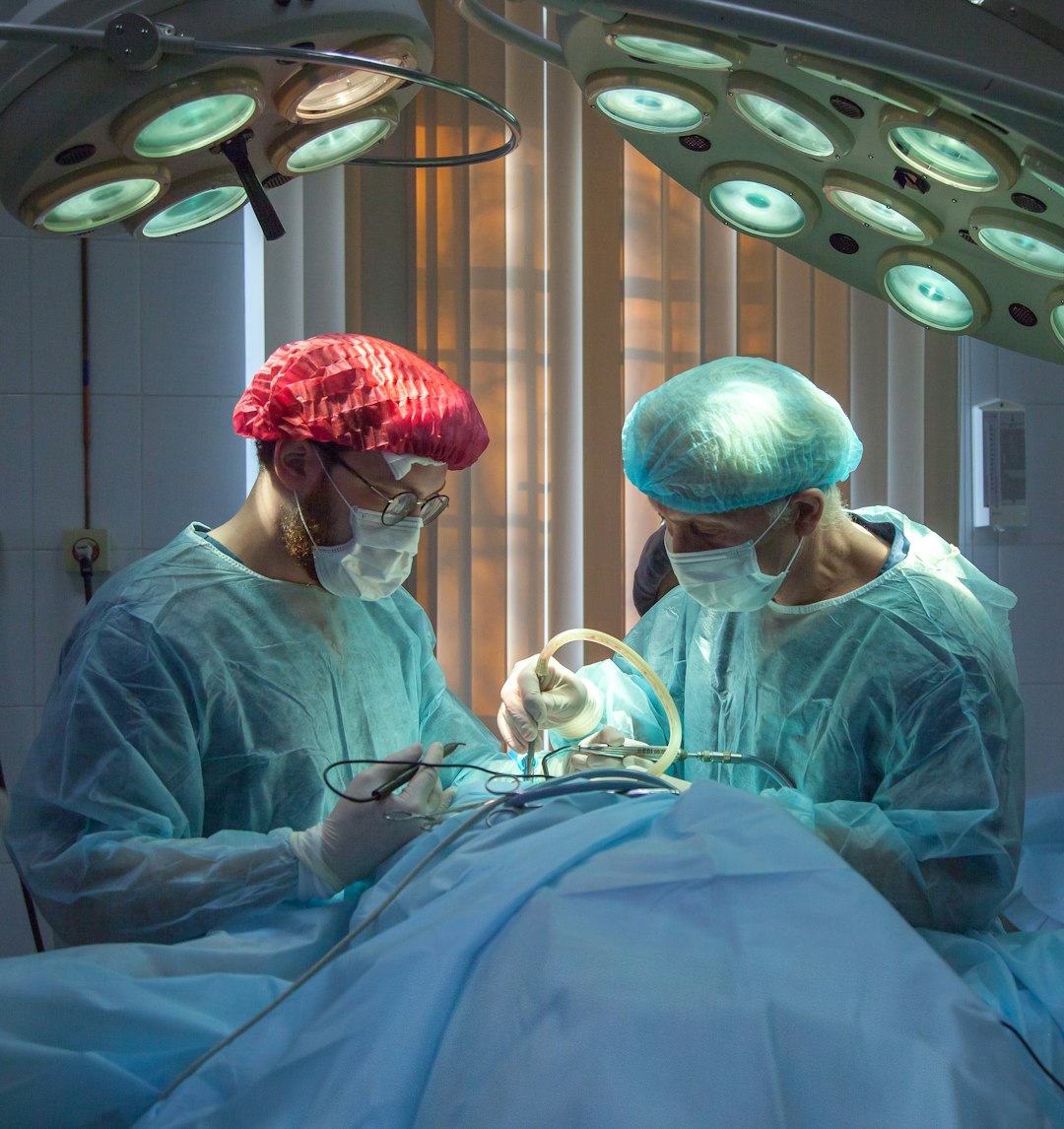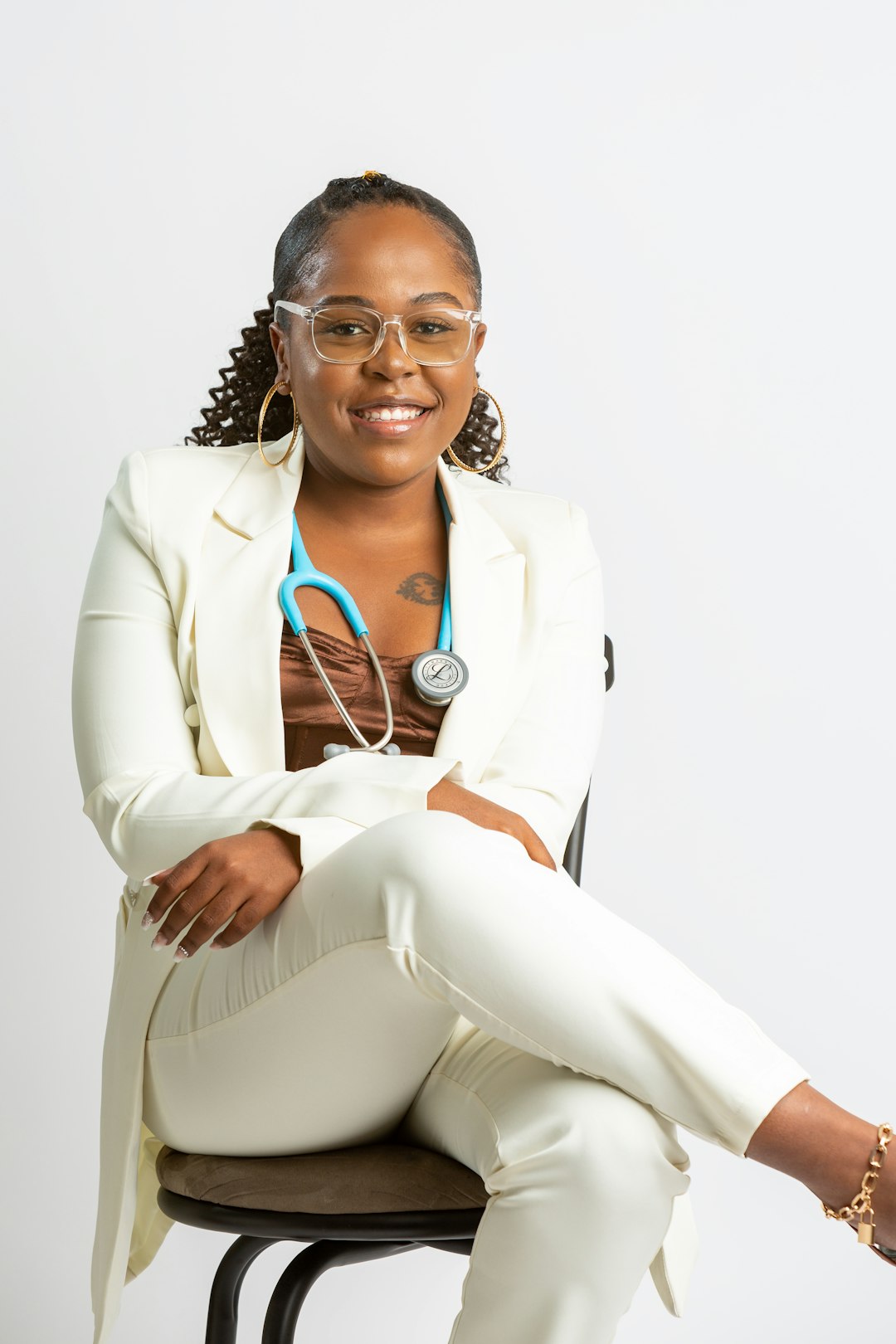Newark, NJ's legal system provides clear guidelines and stringent enforcement against medical professionals who commit sexual abuse. A doctor Lawyer Newark NJ combines medical malpractice and criminal law expertise to support victims through civil litigation and potential criminal charges. This collaborative approach between doctors and lawyers ensures justice, holds healthcare providers accountable, and creates a safer medical community by empowering victims with specialized legal advice and secure reporting protocols.
In Newark, NJ, holding doctors accountable for sexual abuse is a critical issue that demands attention. This article explores the complex web of legal responsibilities, highlighting the importance of doctor-lawyer collaboration in ensuring justice for survivors. We delve into practical steps and strategies to address this sensitive topic, focusing on the unique challenges faced in the medical profession. By understanding the interplay between law and medicine, we can foster a safer environment for patients and hold perpetrators accountable.
Understanding Legal Responsibilities in Newark, NJ

In Newark, NJ, the legal responsibilities of doctors regarding sexual abuse are strictly defined and enforced. If a patient alleges that they have been subjected to non-consensual intimate acts by their doctor, it’s crucial to understand the legal framework surrounding such cases. A doctor Lawyer in Newark NJ is well-versed in medical malpractice and criminal laws, which govern these situations.
Patients who’ve experienced sexual abuse at the hands of a healthcare provider may have grounds for civil litigation against the doctor and potential criminal charges. The law in New Jersey protects patients’ rights and ensures that medical professionals maintain the highest standards of care and conduct. A qualified doctor Lawyer in Newark NJ can guide victims through this complex process, helping them seek justice and compensation for their trauma.
The Role of Doctor Lawyer Collaboration

In the fight against sexual abuse, particularly in sensitive cases involving healthcare professionals, the collaboration between doctors and lawyers in Newark, NJ, plays a pivotal role. This partnership ensures that victims receive justice and that medical practitioners are held accountable for their actions. Doctor-lawyer collaborations facilitate the careful handling of evidence, especially given the delicate nature of such cases. Legal experts with knowledge of medical practices can navigate complex legal frameworks while understanding the intricacies of healthcare systems in Newark, NJ.
Such partnerships empower victims to take legal action by providing them with specialized support. Lawyers who work closely with doctors can offer informed advice, ensuring that legal strategies are aligned with medical realities. This collaboration encourages open communication and provides a robust defense for both patients and healthcare providers, fostering a safer environment within the medical community in Newark, NJ.
Ensuring Justice for Survivors: Steps and Strategies

In the pursuit of justice for survivors of sexual abuse within the medical community, a coordinated effort is required. Survivors in Newark, NJ, can find support by reaching out to experienced doctor lawyers who specialize in handling such sensitive cases. These legal professionals are equipped to guide victims through the complex process of filing lawsuits and ensuring that appropriate measures are taken to hold perpetrators accountable.
One crucial step is establishing clear protocols for reporting and documenting incidents. Healthcare institutions should implement robust systems where survivors feel safe to come forward without fear of retaliation. This includes educating both medical staff and patients about the importance of consent, privacy, and the consequences of sexual misconduct. Regular training sessions and workshops can empower doctors and nurses to recognize red flags and take proactive measures to prevent abuse. Collaboration between legal experts, medical boards, and patient advocacy groups is essential to create a supportive network for survivors and foster a culture of accountability among healthcare professionals.






